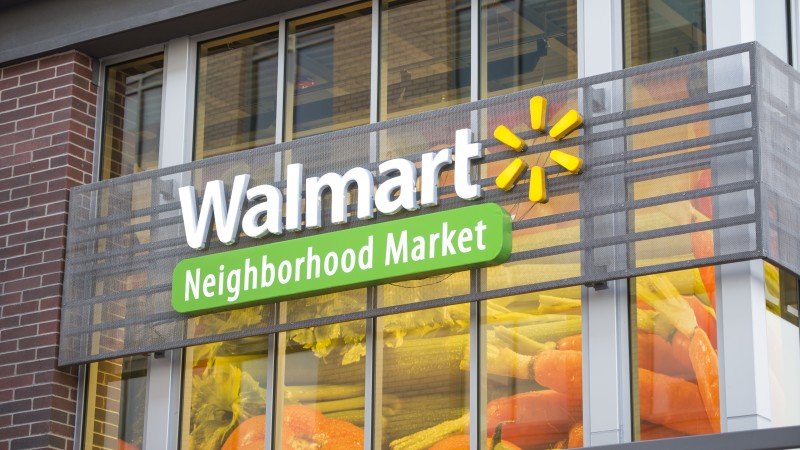New Categories Of Products To Be Locked Behind Glass In Stores Like Walmart
Stores like Walmart, CVS, and Walgreens are increasingly putting lower-cost items under lock and key behind glass doors because of an immense uptick in instances of organized retail crime.
This article is more than 2 years old

As a consumer, there is no more frustrating situation than wanting to purchase a product and having to search for many aisles to locate a store employee to unlock the case that protects that product from theft. This has been the procedure for a long time when shopping for some of the smaller high-dollar products like video cameras, cell phones, and video games. However, stores like Walmart, CVS, and Walgreens are starting to lock up entire product categories of more common and less expensive items in their store locations.
This is frustrating shoppers and causing decreases in those products’ sales revenue because consumers are finding alternative means to purchase those products rather than spending their valuable time playing the employee hide-and-seek game. According to Yahoo, “The 2022 National Retail Security Survey from the National Retail Federation (NRF) found that retail shrink, the loss of inventory from things other than sales, now amounts to a nearly $100 billion problem.”
That’s a lot of shoplifting going on out there, and for upstanding citizens, it is hard to fathom stealing any item from a retailer, never mind $100 billion worth of items. That said, recently, we have been living through a pandemic, inflation, and an impending economic recession. Some believe that this is the true cause of these additional thefts, where normal law-abiding people switch behaviors by adding five-finger discounts to their weekly shopping agenda.
The aforementioned assumption, however, likely isn’t the cause. The root of the problem stems from an uptick in organized retail crime. According to National Retail Federation Survey cited by Yahoo, “The main driver of that shrinkage is organized retail crime (ORC) incidents, which the average retailer saw increase by 26.5 percent in 2021, according to the survey.” That’s right, locally organized crime syndicate groups are responsible for the hassle of more products being under lock and key at your local Walmart, Walgreens, and CVS.
These groups have been targeting product categories such as apparel, electronics, health and beauty accessories, and footwear. Using retail locking cases to showcase products while also eliminating the theft of those products is a retailer’s last resort option, but that is the corner these retailers are being put into with the staggering increases in theft creating the need for these loss mitigation steps.
It’s the last resort step because studies show that when this method of protection is used at a retail location, the protected product’s sales will drop anywhere from 15 to 25 percent immediately when it moves from open shelves to locked cases. Some of that is due to frustrated customers either not feeling comfortable having a store associate unlock the case or giving up because they can’t locate an associate quickly enough and just move on.
When the pandemic started, most of our society that had been previously hesitant to do any shopping online started to get comfortable with buying products that were traditionally reserved for in-store purchases. This has opened consumers to many alternative ways to get some of these types of products. For example, if I needed to buy shaving razors that in the past would have gone on the weekly grocery list and shopped for at the local grocery store, now I can go online to sites such as Dollar Shave Club or Harry’s and order their products and have them shipped directly to my door.
That sounds a lot more appealing than hunting down a Walmart worker like a lion would a gazelle in the Serengeti just to get them to unlock the straight razor case in the hygiene section. That already difficult task is only going to become more difficult with even more products being under lock and key at these retailers. The chains like Walmart and others affected by the surge in organized retail crime need to come up with new security solutions before customers completely abandon going to the retail locations because of the hassle.




